An infinite wire having charge density λ passes through one of the edges of a cube having edge length l.
a. Find the total flux passing through the cube.
b. Find the flux passing through the surfaces in contact with the wire.
c. Find the flux passing through the surfaces not in contact with the wire.
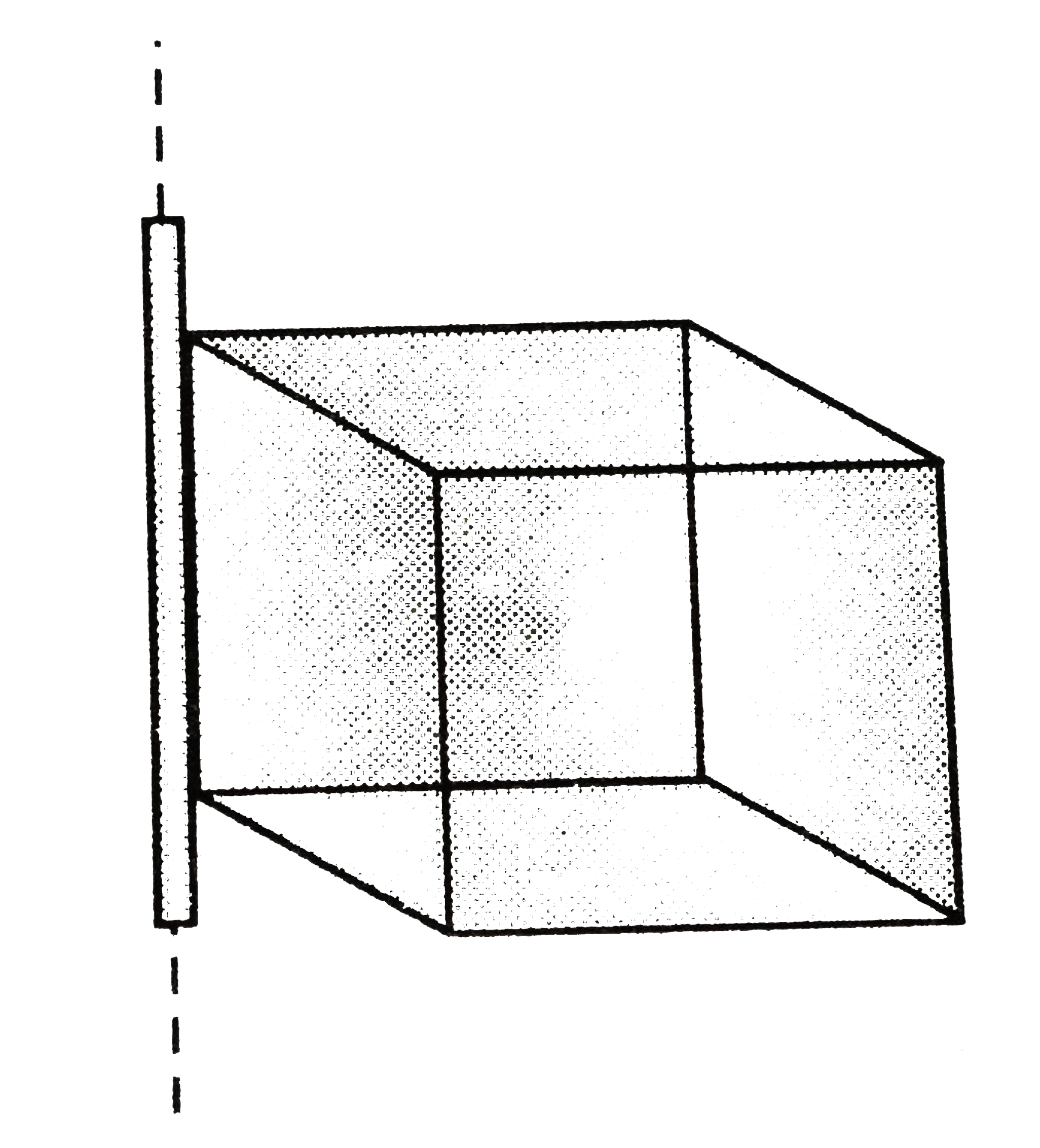
The correct Answer is:a. λl4ε0
b. Field lines will be parallel to the surface in contact with the wire . Hence , the flux through these surfaces will be zero. There are four such surfaces.
c. There are two surfaces which are not in contact with the wire . So , the flux λ/4ε0 will be divided among these two surfaces . So , the flux through each surface is λ/8ε0.
a. If we construct three more cubes as shwon in figure (by dotted line), then the net
flux through all the four cubes is
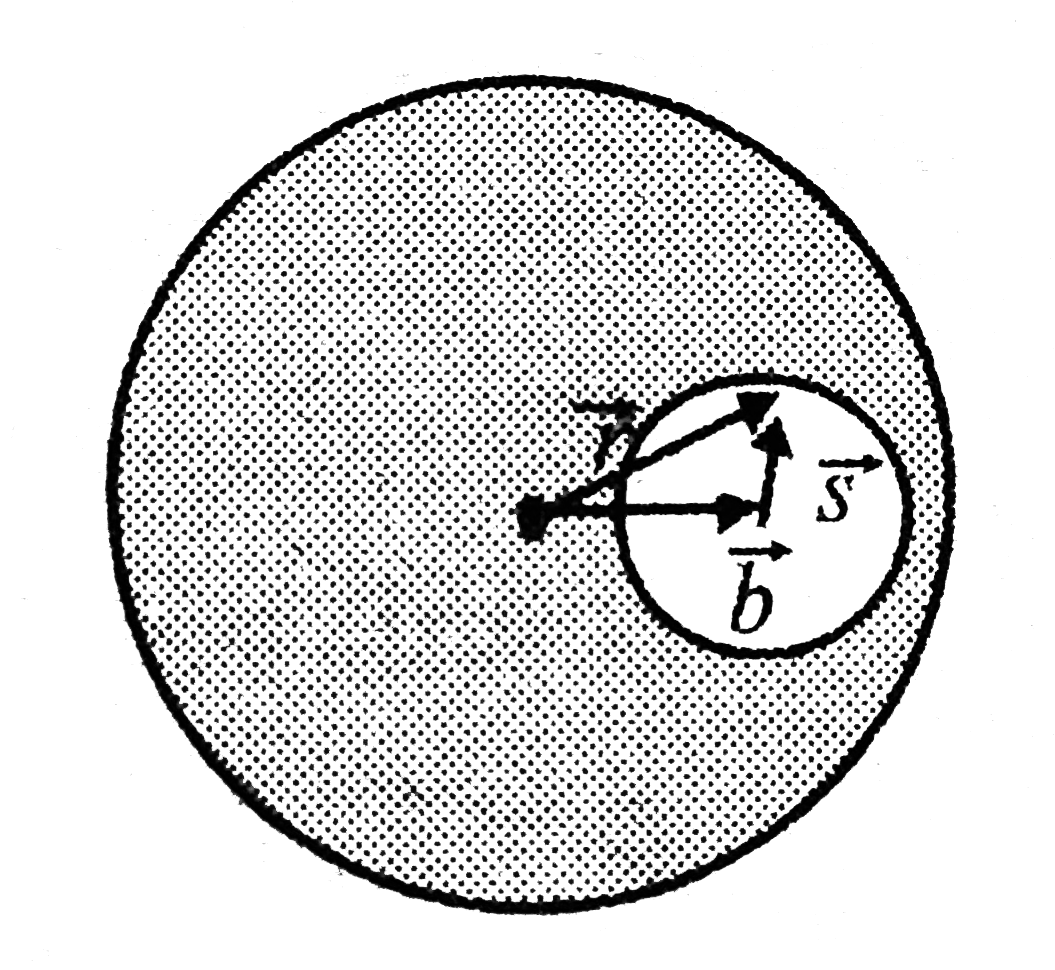
q∈ε0=λIε0
So flux through any one cube is λl/4ε0.
b. Field lines will be parallel to the surfaces in contact with the
wire. Hence, the flux through these surfaces will be zero.
There are four such surfaces.
c. There are two surfaces that are not in contact with the wire.
So the flux λl/4ε0 will be divided
among these two surfaces. So the
flux through each surface is λl/8ε0.
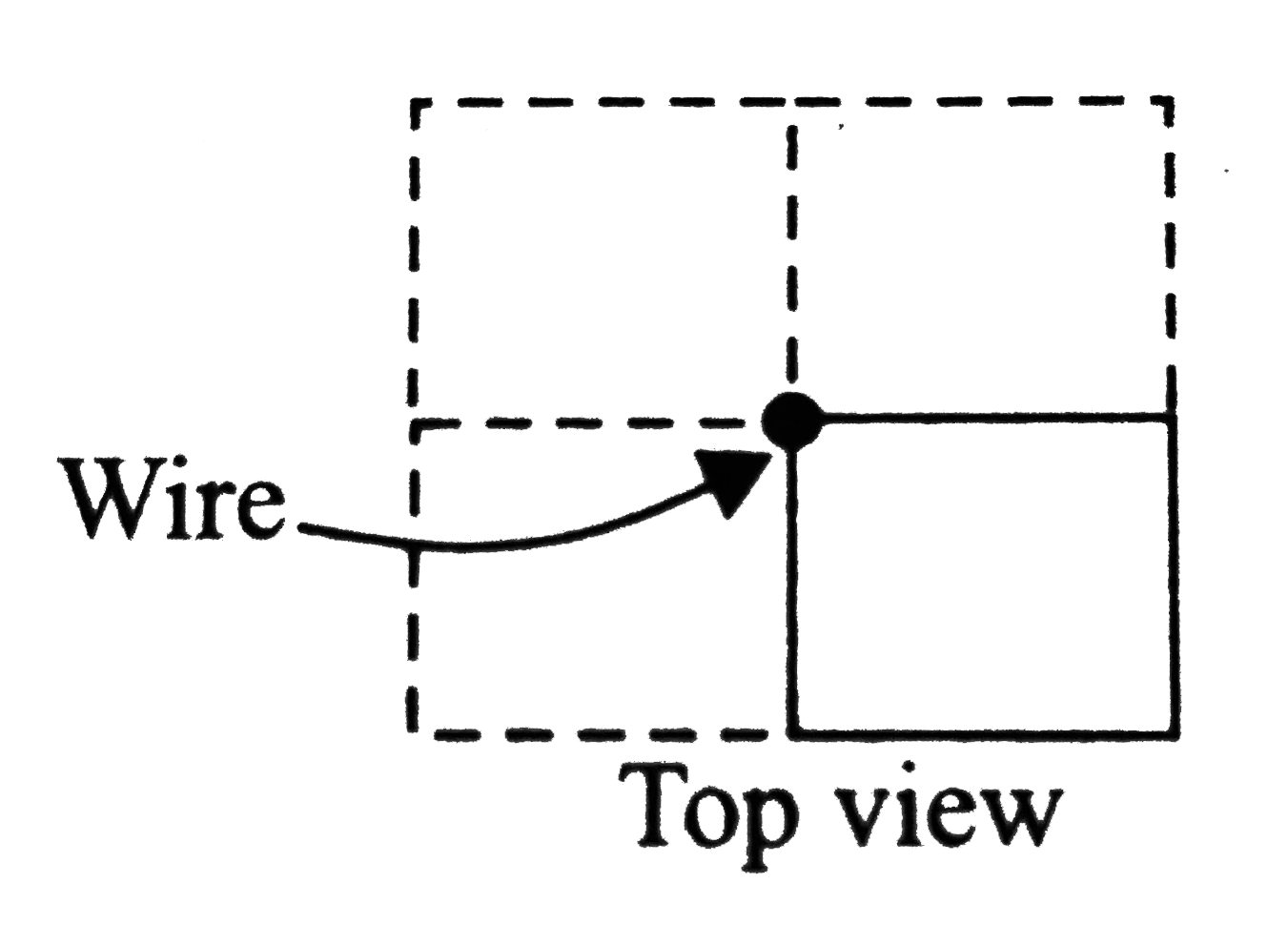
Topper's Solved these Questions
- BOOK - CENGAGE PHYSICS ENGLISHCHAPTER - ELECTRIC FLUX AND GAUSS LAWEXERCISE - Single Correct40videos
ELECTRIC FLUX AND GAUSS LAW
- BOOK - CENGAGE PHYSICS ENGLISHCHAPTER - ELECTRIC FLUX AND GAUSS LAWEXERCISE - Multiple Correct8videos
ELECTRIC FLUX AND GAUSS LAW
- BOOK - CENGAGE PHYSICS ENGLISHCHAPTER - ELECTRIC FLUX AND GAUSS LAWEXERCISE - Exercise 2.214videos
ELECTRIC FLUX AND GAUSS LAW
- BOOK - CENGAGE PHYSICS ENGLISHCHAPTER - ELECTRIC CURRENT AND CIRCUITEXERCISE - Interger8videos
ELECTRIC CURRENT AND CIRCUIT
- BOOK - CENGAGE PHYSICS ENGLISHCHAPTER - ELECTRIC POTENTIALEXERCISE - DPP 3.515videos
ELECTRIC POTENTIAL
Similar Questions
The net flux passing through a closed surface enclosing unit charge is
View SolutionFind flux through the hemispherical surface
 View Solution
View SolutionA charge q is placed at the centre of a cube. What is the electric flux passing through the cube?
View SolutionFind out flux through the given Gaussian surface.
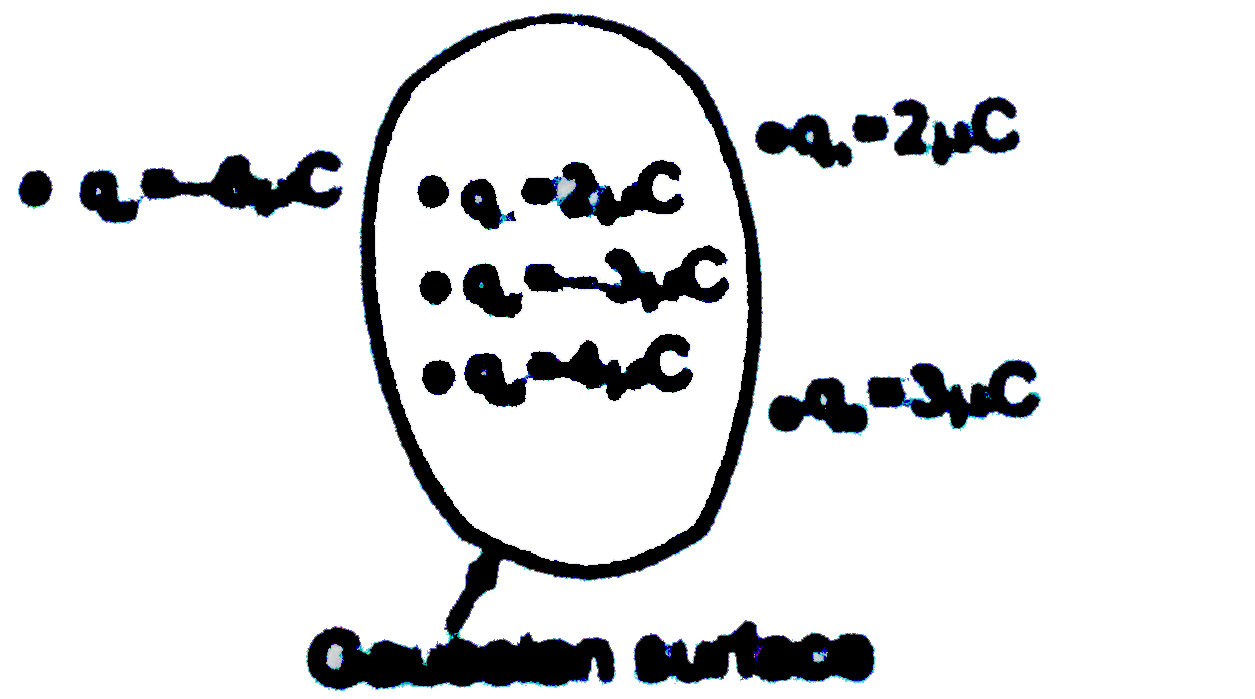 View Solution
View SolutionFind the flux of point charge q through the square surface ABCD as shown
View SolutionCharge of 2 C is placed at the centre of a cube. What is the electric flux passing through one face ?
View SolutionA charge q is placed at point D of the cube. Find the electric flux passing through the EFGH and face AEHD.
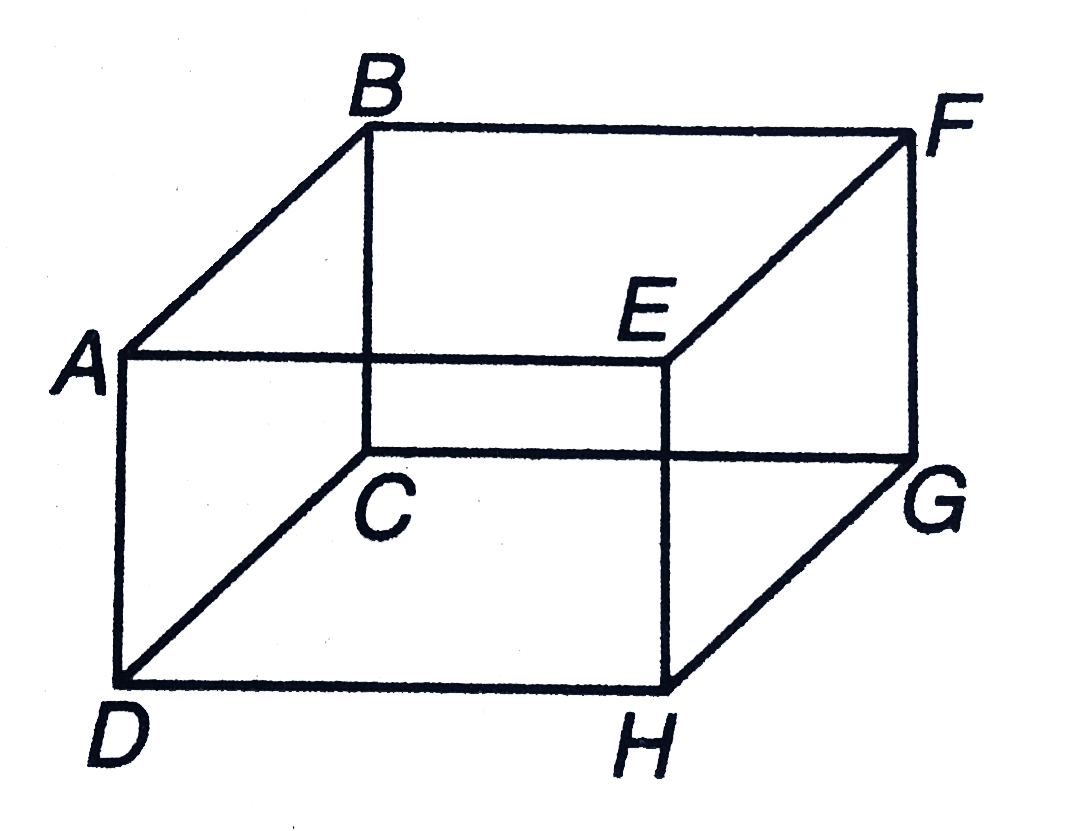 View Solution
View SolutionThe moment of inertia of a cube of mass M and edge length a about an axis passing through one of its edge is
View SolutionTwelve infinite long wire of uniform linear charge density (λ) are passing along the twelve edges of a cube. Find electric flux through any face of cube. ,
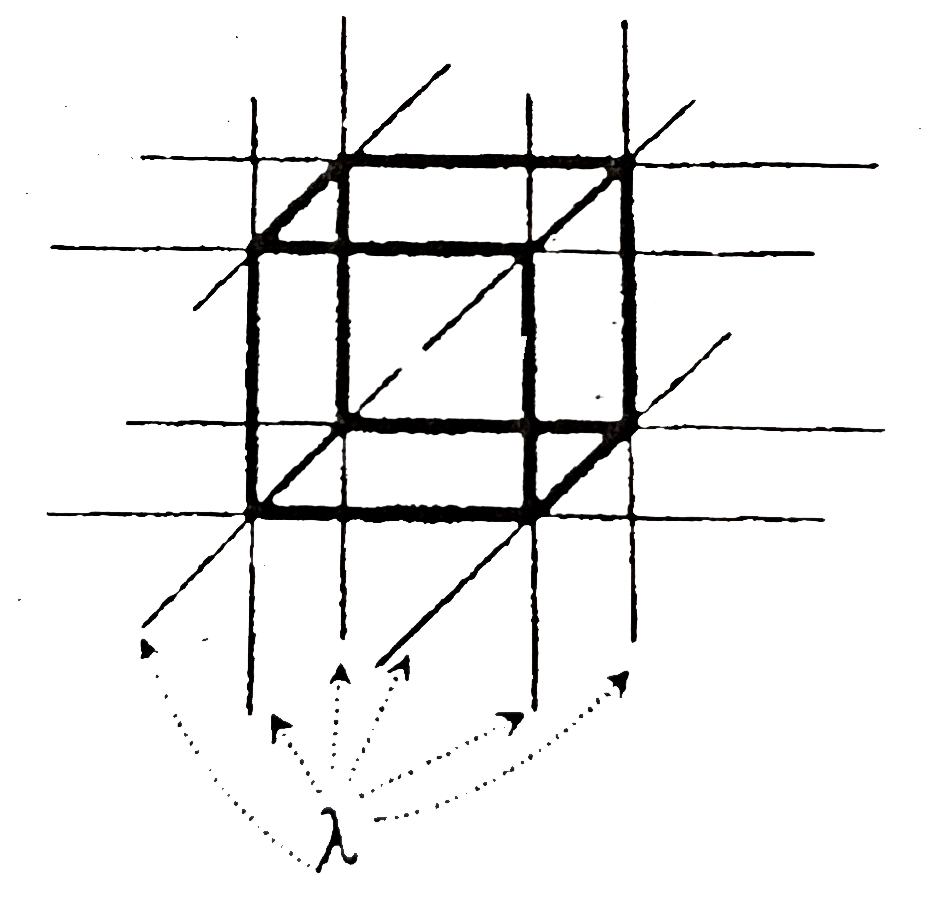 View Solution
View SolutionA charge q is placed at the centre of a cube of side l what is the electric flux passing through two opposite faces of the cube ?
View Solution

